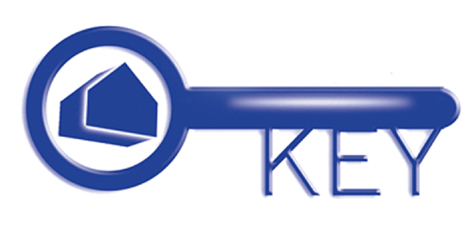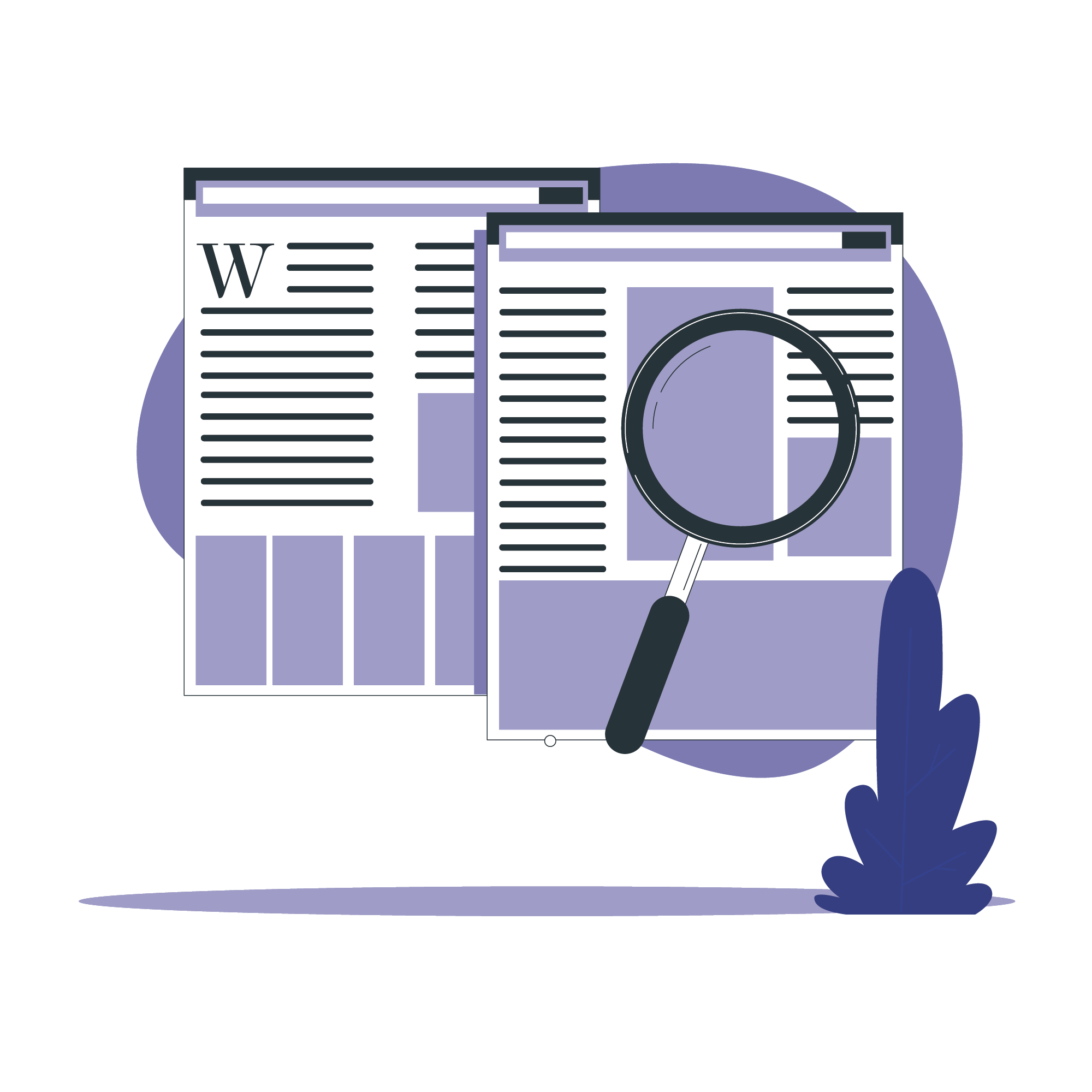First-Time Buyers
Buying your first home can feel daunting, but we’re here to make it easy. We’ll explain everything clearly, help you work out what you can afford, and guide you from start to finish. As a first-time buyer, many lenders offer special deals, and we’ll help you find the one that’s right for you. With expert advice and access to a wide range of mortgages, we’ll make sure your first step onto the property ladder is a confident one.


Let's start with your mortgageability
Mortgageability is a quick way to understand how likely you are to be approved for a mortgage based on your income, outgoings, credit history, and other personal details.
We will ask you:
- Who you are and where you live
- Affordability, spending habits, and any existing loans.
- A few questions about your credit history
One of the key benefits of doing this free check is that we can provide you with a mortgage certificate. This gives you peace of mind when viewing properties, knowing what you can afford, and it shows estate agents that you’re a serious buyer, ready to move forward when the right home comes along.
Book a free appointment to learn what your mortgageability is.
Call today to book a first-time buyer consultation 024 7632 2000
What’s your affordability?
Yes, it’s important to know how much a mortgage lender will lend you - but that’s not the whole picture. The real question is whether you’re comfortable with the monthly payments and the responsibility that comes with them. This is where KeyFS truly excel.
As a first-time buyer, it’s easy to think a mortgage is just a payment spread over a number of years - but there’s more to it. Paul is known for taking the time to understand your personal circumstances so he can make a complete recommendation that covers every angle, including:
- A way to pay your mortgage if you can’t work
- A way to pay it off if you’re diagnosed with a serious illness such as cancer
- A way to clear the mortgage if you or your partner were to die
Paul will tell you it’s a mistake to assume that none of these things could happen. It’s important to look at how you can protect yourself - otherwise, you risk not being able to afford your home if life takes an unexpected turn.


Feeling overwhelmed? Let’s time out
There’s no need to feel overwhelmed — Paul and his team are here to make things simple. They’ll answer your questions, explain everything clearly, and help you feel confident about every step of your first home journey.
Digging into the detail...
When it comes to mortgages, there’s no one-size-fits-all solution. Paul will take the time to explain the many different types available and help you understand which one best suits your circumstances.
If you’re a first-time buyer simply looking for a home loan that’s paid off over time, he’ll most likely focus on a repayment mortgage - the most common and straightforward option.
Advantages
- You’re paying off your debt every month
- As your balance goes down, your equity goes up
- Provided you stay on track, your mortgage will be fully repaid by the end of the term
Disadvantages
- In the early years, most of your monthly payment goes towards interest
- The shorter the term (for example, 25 years), the higher the monthly payments
- It can take a while to build up equity
Advantages and Disadvantages
The reason Paul and the team at KeyFS have built an award-winning, five-star reputation is simple - they give clear, balanced advice that’s easy to understand. There’s no hard sell, no jargon, and no pressure.
Just honest guidance from people who genuinely care about helping you make the right choice. Every recommendation is based on what’s best for you and your personal circumstances, so you can move forward with complete confidence. Here are the advanatges and disadvantages of some terms you may be familar with.
A discount mortgage offers a reduced interest rate for an initial period, usually tied to your lender’s standard variable rate (SVR). This means your payments can go up or down during the deal period.
Advantages
Lower interest rate at the start of your mortgage
Potential to save money compared to standard variable or fixed rates
A good option if you expect rates to stay steady or fall
Disadvantages
Your payments can go up if the lender’s SVR increases
Budgeting is less predictable than with a fixed rate
May come with early repayment charges during the discount period
A fixed-rate mortgage keeps your monthly payments the same for a set period — usually two, three or five years — giving you stability and peace of mind.
Advantages
Your monthly payments stay the same, making it easier to budget
Protection from interest rate rises during the fixed term
Ideal if you prefer certainty and want to plan ahead
Disadvantages
If interest rates fall, your payments stay the same, so you could miss out on lower costs
Early repayment charges often apply if you want to switch or repay early
Fixed rates can sometimes be slightly higher than variable options
Advantages
Because you don't repay the loan itself each month, your payments are much smaller than those of a repayment mortgage.
Interest-only mortgages can work well for some landlords, high earners, or people expecting a lump sum from a bonus, inheritance, or property sale.
Lower payments can free up money for other goals, such as investments, business plans, or home improvements.
Disadvantages
The amount you owe stays exactly the same, so you still owe the full balance at the end of the term.
Lenders will want a clear and realistic plan for how you’ll repay the loan, such as savings, investments, or selling another property.
Interest-only mortgages aren’t available to everyone. They often come with stricter criteria, including higher deposit requirements and proof of income or assets.
An offset mortgage links your mortgage to your savings. Instead of earning interest on your savings, they are used to reduce the amount of your mortgage that interest is charged on, which can lower your monthly payments or help you pay off your mortgage sooner.
Advantages
You can reduce the amount of interest you pay without locking your savings away
Flexible — you can choose to lower your monthly payments or shorten your mortgage term
Savings remain accessible if you need them
Disadvantages
You won’t earn interest on your savings while they’re offset
Offset mortgage rates can be slightly higher than standard deals
You may need a larger savings balance to see a noticeable benefit
Advantages
You’re paying off your debt every month
As your balance goes down, your equity goes up
Provided you stay on track, your mortgage will be fully repaid by the end of the term
Disadvantages
In the early years, your monthly payment goes mainly on interest
The shorter the term i.e. 25 years, the more the monthly payments
Can take a while to build up equity
A tracker mortgage follows the Bank of England base rate, plus a set percentage. This means your payments can rise or fall in line with interest rate changes.
Advantages
If the base rate drops, your payments could go down
Often lower rates than fixed mortgages at the start
Transparent — you know exactly what your rate is based on
Disadvantages
Your payments will increase if the base rate rises
Less certainty when it comes to monthly budgeting
Some tracker deals come with early repayment charges or a minimum rate (a collar)
Let's talk...
Your enquiry will be handled by a fully qualified local mortgage and protection adviser, who will be available to speak with you at any time.
Contact us
Why not start things off by answering these 4 quick questions? We’ll then share some useful insights with you, and when the time feels right you can chat with one of our advisers for more personalised guidance.


